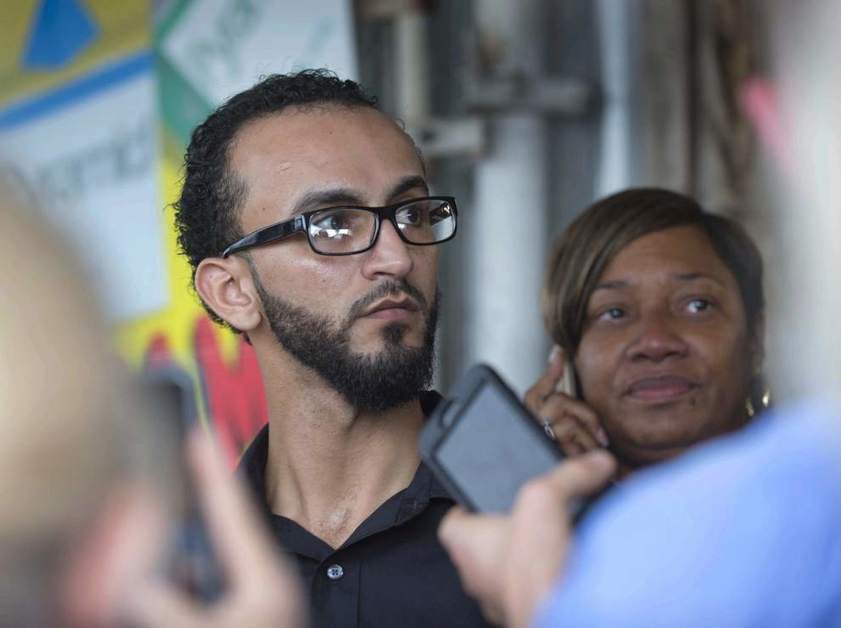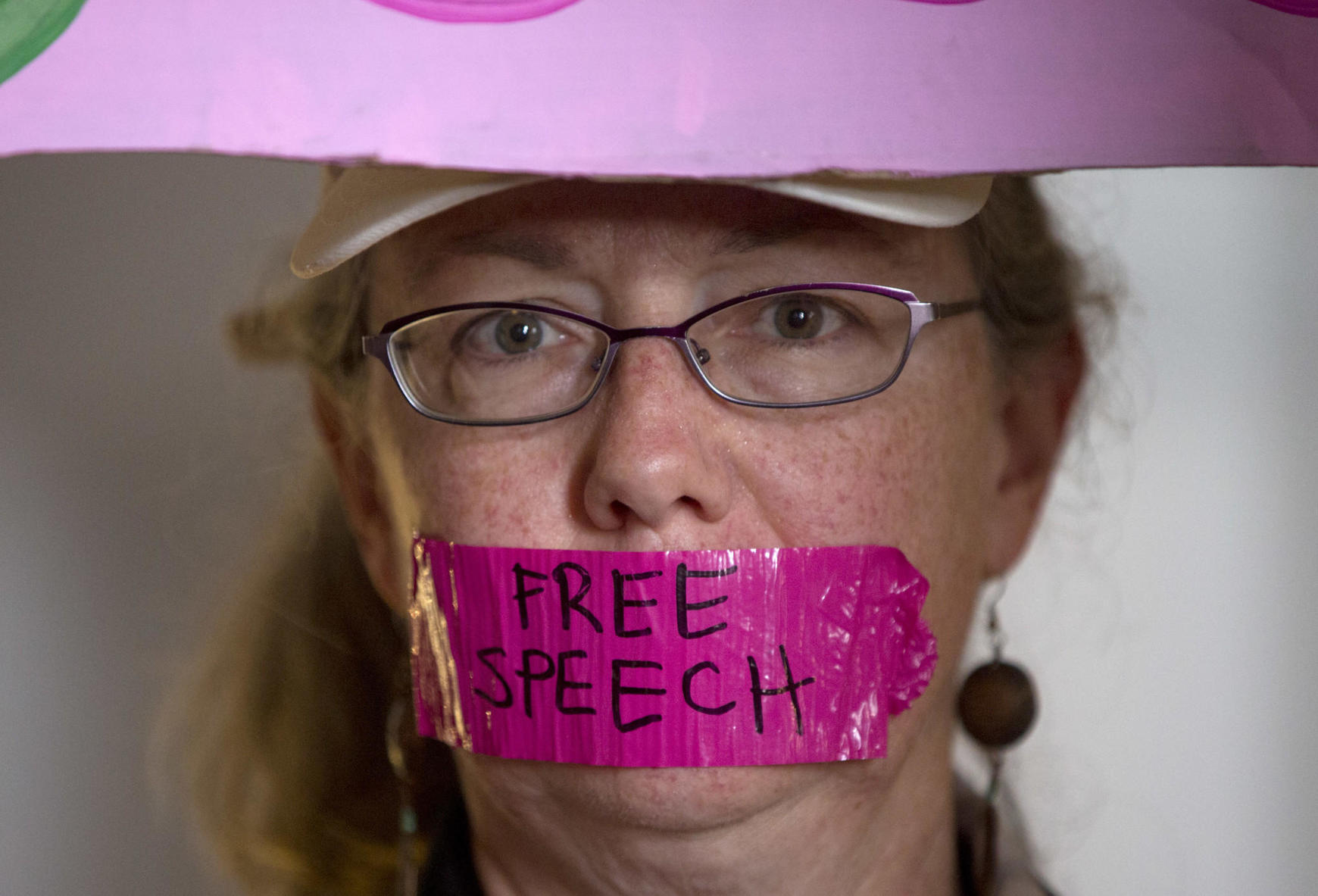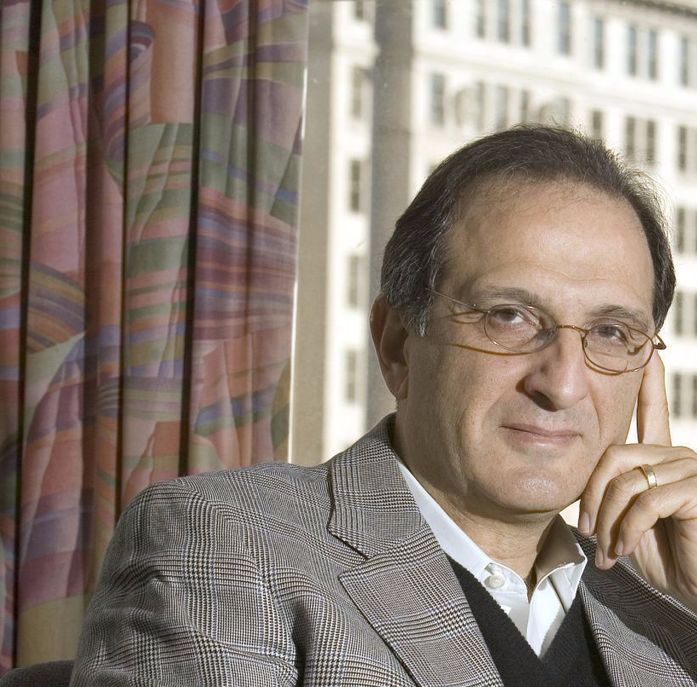‘We just need to stick together,’ says Yemeni-born shopkeeper who filmed shooting of Alton Sterling
BY RAMON ANTONIO VARGAS
The New Orleans Advocate
Two days after he stepped outside of his Baton Rouge convenience store to record video of police fatally shooting Alton Sterling, Abdullah Muflahi was cornered in the back of his business by the fallen man’s aunt.
Sandra Sterling’s message to the thin, bespectacled man who helped sear her nephew’s name and fate into the national conscience was simple: “You’re going to speak at the funeral. Yeah, you’re going to be on the program. You know that.”
The exchange was brief, but it was typical of the respect those affected by Sterling’s death have shown Muflahi, who turned over his cellphone video of the shooting to federal investigators as well as reporters asking questions about whether the use of force by police was justified.
Muflahi, 28, who was born in Yemen, may seem an unlikely ally of those who hope to see charges filed against the two white police officers who tussled with Sterling — an African-American — before one of them shot him in the chest early Tuesday.
But Muflahi, who spent most of his youth in Michigan before opening the Triple S Food Mart at 2112 N. Foster Drive in Baton Rouge almost six years ago, said those who understand how he was brought up would easily understand.
Though he and his family are from Yemen, they were in Detroit for many of Muflahi’s childhood years. The demographics of Muflahi’s largely African-American neighborhood there left him with little choice but to grow comfortable with — and respectful of — people who were neither Yemeni nor Muslim like him and his relatives, he said.
“There were maybe three others who were Arab or Muslim,” said Muflahi, who didn’t know English when he moved to Michigan but now speaks the language with a virtually perfect American accent. “So my parents told me to get along with everybody — don’t judge on color, race or religion.”
When Muflahi was in middle school, he learned that not everyone in his adopted country had been brought up with the same values. Some time after the 9/11 terror attacks, the windows at Muflahi’s house were shattered, and someone unsuccessfully tried to break into the home, Muflahi recalled.
Muflahi said his parents reported the incident to the police. Officers never figured out who did it, so Muflahi’s family moved to the nearby community of Dearborn, home to one of the country’s biggest Arab-American and Muslim populations.
The switch suited Muflahi until he finished high school. But he yearned to move away to a place that was maybe a little more like where he had spent much of his childhood.
He settled in late 2009 on Baton Rouge, where a close friend worked, and signed up to take classes at Baton Rouge Community College.
The neighborhood around BRCC popped up after World War II on what was then the outskirts of the capital city, offering landowners spacious lots and plenty of shade from oak and pecan trees, just five miles from downtown.
As the city has sprawled around the neighborhood over the decades, the big yards and tree cover remain. However, in and around the neighborhood’s western edge, North Foster Drive, a handful of yards are littered with telltale signs of a community in distress: cans in brown paper bags; shells of cars, missing tires, doors and engine covers; and mattresses with large tears.
Some lots are overrun by grass and weeds several feet high. The paint on some ranch homes is faded, and some houses have balky roofs or missing shingles.
Muflahi, though, said the people he has met since his arrival have accepted him as he was, despite their various surface differences. So, when the chance to buy the Triple S on North Foster and move in by August 2010 presented itself, he didn’t think twice about it.
Evidence of unrest over Sterling’s death was everywhere midday Thursday outside the store.
In the parking lot, a few feet away from a spray-painted sign that read “F*** BRPD” and “Fly High Alton,” a man in a T-shirt decorated with Black Power imagery had a rifle with a long-range scope slung over his shoulder and a pistol holstered on his hip, as other protesters and members of the media from all over the country came and went.
Intermingled with such extraordinary scenes were more mundane interactions that hinted at the rapport Muflahi had developed with his customers in more normal times at the store.
Dressed in a white dress shirt and dark business slacks, Muflahi was unbothered by the sight of a group of men who were loitering a few feet away from his entrance, drinking and chatting loudly. He exchanged waves with one man, flashing a smile at him and quipping: “Excuse me. If you don’t quiet down, I’m going to have to ask you to leave.”
Others who went inside shook his hand, embraced him and asked how he and his family were doing.
Only after that did those customers — addressed as “sir” or “brother” — walk down one of the store’s six aisles; pick out anything from cold drinks and cigarettes to brightly colored bandannas and fried chicken; and take it to the register.
Regular customer Tanisha Johnson said that in her experience, not every business owner is patient with his local clientele. But Muflahi was, evidenced by his willingness to allow Sterling and at least one other man to try to earn a few bucks selling CDs outside his convenience store, asking for nothing in return.
Tuesday morning was something else entirely, Johnson said, showing Muflahi cared enough about a regular to secure and distribute a recording that could be instrumental in helping authorities determine whether or not officers Blane Salamoni and Howie Lake II are criminally liable in Sterling’s death.
“It makes you feel safe, that he cares, because some people don’t,” said Johnson, who was helping Muflahi at the store on Thursday.
Muflahi said he never imagined himself acting differently.
“They’ve allowed me to become a part of this community, … and I wanted to stand for Alton,” Muflahi said. “We just need to stick together — no matter what race we are, no matter where we are from.”
Source: www.theneworleansadvocate.com





